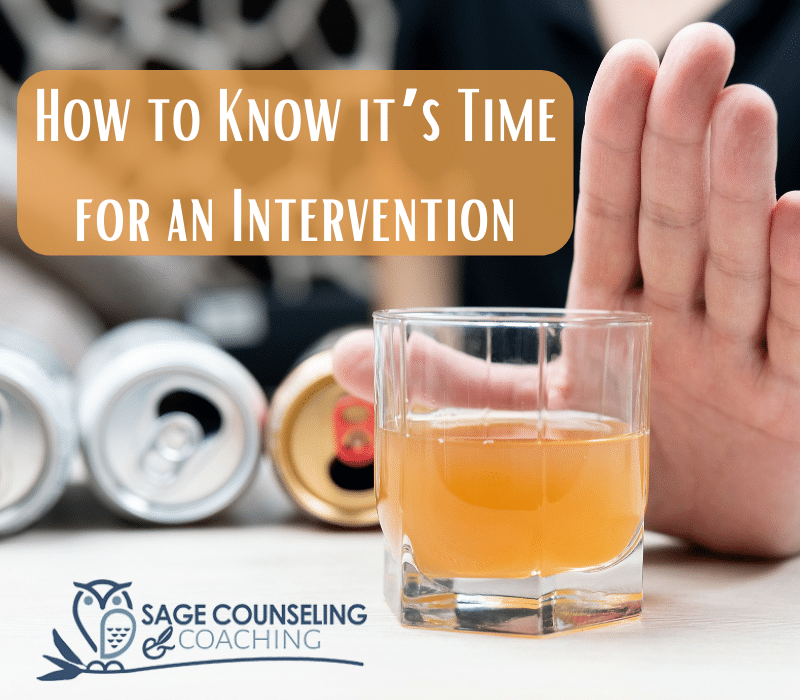
The Process of intervention is a careful and step-by-step methodology which is effective from family and friends. However, if you’re in therapy you may get counsel from a therapist or doctor if signs are obvious. An interventionist can be a person from your place of worship or who cares about your struggles. These people set a day to gather to confront you on the consequences of addiction and find means of treatment. The process may involve:
- Examples Of bad behavior that is harmful to your family or loved ones
- Find a treatment plan and clear steps in reaching your goal
- Also,find other means in case loved one refuse treatment
Here are some signs to start an intervention program:
Your Loved One Is Denying the Problem
If the addict is denying the problem, it is a common issue. Substance abuse has a negative effect on health, relationships, and work. If you approach your loved one about it and they continue to assume they’re in control and find it, it is time to seek intervention. Many addicts always think they’re in control but most often do not. Some may be blind to the negative effect and harm it is causing on their loved ones.
Destructive Behavior
Some addiction comes with distributive behavior. While others may put their loved ones at risk and other casualties. In essence, people may overdose on drugs leading to destructive behavior. If your loved one is denying the incident, it is time to take an intervention program to deal with it. The process allows you discuss in a formal and focused manner.
Your Loved One Refuses Treatment
In some cases, those suffering from addiction may reject treatment despite the many chances given to them. In this case, it is a common problem abcya they may agree they use drugs or over drink but they never admit they need treatment to stop it. If this dance continues for months with no sign of progress, you need an intervention for someone that can push them. The extra push may be all that is needed to reach the core.
Their Physical and/or Mental Health is Worsening
Hiding the abuse is another common problem from users. However, the act may be exposed after some time because hiding it is nearly impossible due to the effect. If you observe the adverse effect of drugs or alcohol on their mental or physical being, an interventionist is the next step. There are many symptoms to watch for like looking pale, sick, or solitude. Another typical sign is weight loss or gain in an usual manner.
In addition, there are also adverse psychological or behavioral changes to watch out for in loved ones. As they get deeply involved in addiction, individuals begin to exhibit dangerous behaviors like easily angered or remaining alone without friends or family members. The sign shows a loved one who is deeply addicted to the same substance. The observation is worth seeking for help from an interventionist to realize it in time.
More Information on Interventions
An intervention is a structured, planned meeting between a person struggling with a behavioral or substance use problem and their loved ones or friends. The purpose of an intervention is to provide the person with a clear and direct message about the impact their behavior is having on those around them and to encourage them to seek help.
Interventions are typically led by a trained professional, such as a therapist, counselor, or interventionist, and they often involve the participation of close friends and family members. The goal of an intervention is to provide the person with a supportive and non-judgmental environment in which they can hear the concerns of their loved ones and make a decision about seeking help.
Interventions can be effective in motivating people to seek treatment for a variety of problems, including substance abuse, eating disorders, and other mental health conditions. They can also provide loved ones with a sense of closure and the opportunity to express their feelings in a healthy and productive manner.
It’s important to approach an intervention with care and compassion, as the goal is to help the person struggling, not to blame or shame them. If you’re considering an intervention for someone you care about, it’s important to seek the assistance of a trained professional to ensure that the process is conducted in a safe and effective manner.
